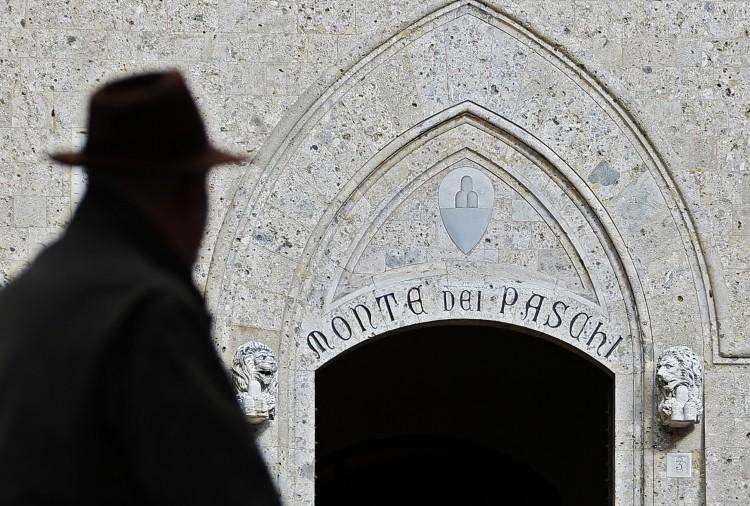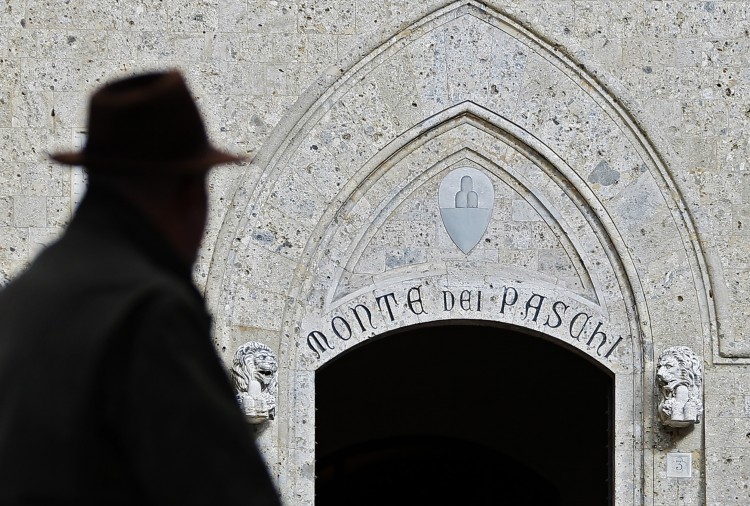The euro currency kept extending its gains last week.
Given the complicated set-up of the currency union however, this might not be good news, as a small bank in the Netherlands had to be nationalized and a banking scandal is developing in Italy.
The euro rose another 1.4 percent last week, extending its gains against the dollar to 3.4 percent for the year. Normally, this should be considered good news and a sign that the eurozone is turning its back on the crisis and moving toward a sustainable growth path.
Given recent developments in the eurozone, the recent rally could be seen as a sign of underlying weakness rather than strength. In recent years, whenever there were problems with the banking system, European banks cashed in their U.S. dollars and other currencies and converted them back into euros.
In this process, called repatriation, they could prepare for disruptions at home, whereas the wholesale conversion of dollars into euros would strengthen the euro.
Dutch Bank Nationalized
The first sign of caution is that stock performance last week didn’t support the move in the euro. The blue chip EURO STOXX index lost 1.2 percent, while the index representing the largest European banks lost 2.6 percent.
Bank stocks suffered, as Dutch bank SNS Real was nationalized on Feb. 1. The smallest of the four Dutch lenders was on the verge of collapse, burdened by an $11 billion portfolio of real estate loans. It warned in January that it would probably need to write off $1.6 billion to $2.5 billion, losses it could not absorb.
Faced with the threat of contagion to other European banks, the Dutch state was forced to step in, injecting $3 billion in equity capital and $1.5 billion in loans. It also provided $7 billion in guarantees for bank’s other loans and separated its real estate business from other operations. Shareholders and subordinated bondholders will be “wiped out” and would lose all of their investments.
In 2008, the Dutch state had already nationalized ABN Amro and provided capital to the only remaining listed bank in the Netherlands, ING N.V.
Italy Faces Banking Scandal
Italian stocks fell by the most in six months on Wednesday as a probe into the business of the world’s oldest bank spread even to the Bank of Italy. Last week, the Italian government had to loan Monte Paschi di Siena $5.3 billion to make up for losses on its derivative books.
The irony of the matter is that these derivative trades were structured during the hey-day of the financial crisis in 2008 to hide losses there. Now the chickens are coming home to roost, with potentially far-reaching implications.
Reports last Friday named sources within the Italian judiciary that said investigations into other commercial banks such as Unicredit and Intesa San Paolo were opened to see whether they also had engaged in such transactions to cover up losses.
But the buck does not stop there. Prosecutors opened an investigation into the Italian central bank, which knew of problems at Monte de Paschi as early as 2010 and did nothing to investigate them.
The investigations could unearth further losses and tarnish the reputation of Italy’s regulator and banking leaders. They also come at a crucial time as Europe is trying to pick itself up again.
The Epoch Times publishes in 35 countries and in 21 languages. Subscribe to our e-newsletter.







